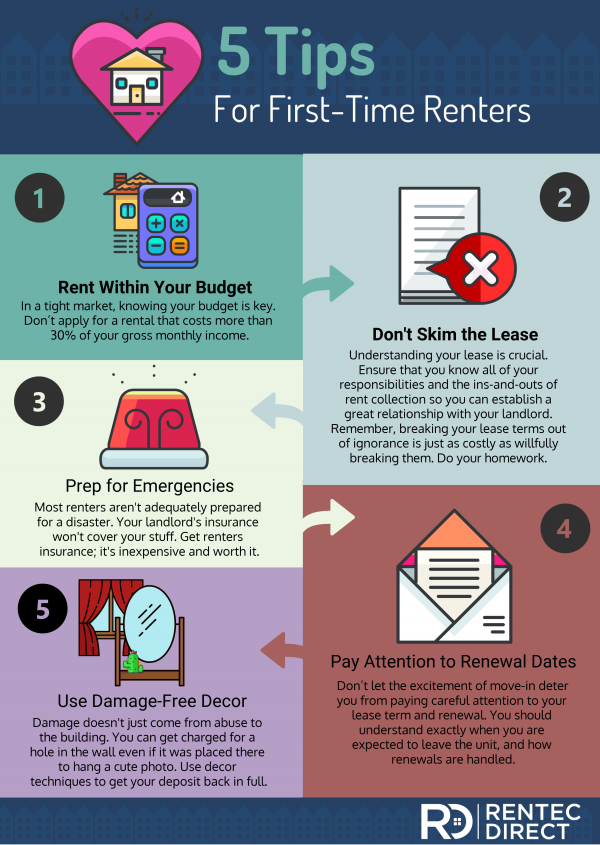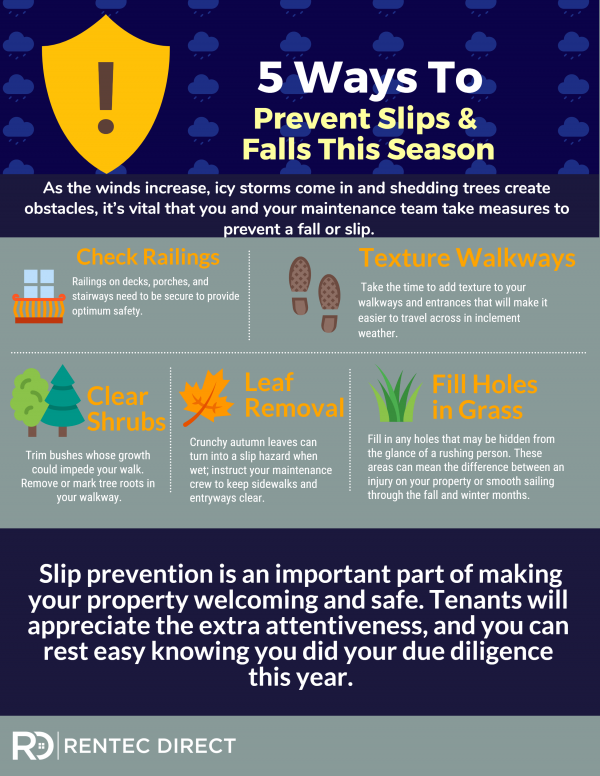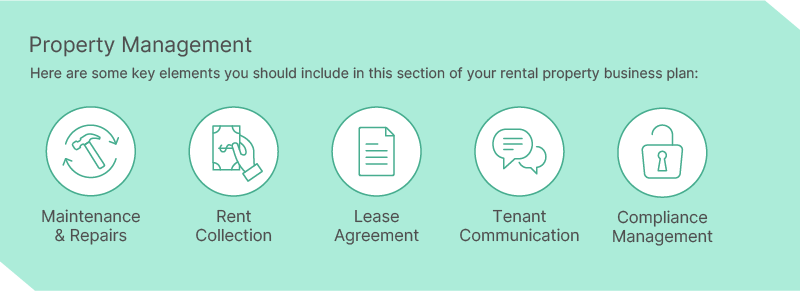Discover the secret to stress-free rental management with these 5 essential tips that will change the way you view renting.

Image courtesy of George Becker via Pexels
Table of Contents
Welcome to the exciting world of property management! Whether you’re a new landlord or have been in the business for some time, understanding the ins and outs of successful property management is key to running a smooth operation. In this article, we will explore some valuable tips for property managers that will help you efficiently manage your rental property and achieve long-term success. Let’s dive in!
Managing a rental property involves a lot more than just collecting rent every month. From handling maintenance issues to screening tenants and staying on top of legal responsibilities, there are numerous aspects to consider when it comes to efficient rental management. By implementing the right strategies and following best practices, you can create a successful and sustainable property management business.
Understanding Your Responsibilities
When it comes to managing a rental property, there are several key responsibilities that you need to be aware of in order to succeed. Let’s dive into the essential aspects of property management.
Property Care
One of the most critical responsibilities of a property manager is taking care of the rental property. Regular maintenance and upkeep are essential to prevent bigger issues from arising. By staying on top of repairs and maintenance tasks, you can ensure that your property remains in good condition and attractive to potential tenants.
Screening Tenants
Another crucial responsibility is tenant screening. Finding reliable and responsible tenants is vital for the success of your rental property business. By conducting thorough background checks, verifying employment, and checking references, you can reduce the risk of renting to problematic tenants.
Knowing the Law
It is imperative to stay informed about rental laws and regulations that apply to your property. Being aware of your legal responsibilities as a landlord, such as providing a safe and habitable living environment, will help you avoid legal issues and protect both your tenants and your investment.
Effective Communication with Tenants
Communication is key in successful property management. Building a positive and respectful relationship with your tenants can lead to a more efficient and harmonious rental experience for everyone involved. Here are some essential tips for effective communication with tenants:
Setting Expectations
Setting clear expectations from the beginning is crucial. Establishing guidelines and rules for the property helps prevent misunderstandings and ensures that both parties are on the same page. This can include details on rent payment deadlines, maintenance responsibilities, and other important aspects of the tenancy agreement.
Responding to Issues
Timely responses to tenant concerns and requests are essential for maintaining a good relationship. It’s important to address any issues or maintenance requests promptly to show your tenants that their well-being and comfort are a priority. Open communication and transparency can help build trust and ensure a positive rental experience for both parties.
Financial Management
In order to run a successful rental property business, it’s crucial to have a solid grasp on financial management. By keeping track of your expenses and income, you can ensure that your property remains profitable and well-maintained. Here are some key tips for efficient financial management:

Image courtesy of www.rentecdirect.com via Google Images
Budgeting for Expenses
One of the first steps in financial management is creating a budget for your rental property. This involves outlining all of your expenses, such as maintenance costs, property taxes, insurance, and any other overhead expenses. By setting a budget, you can better manage your cash flow and plan for any unexpected expenses that may arise.
Rent Collection
Collecting rent from your tenants is a critical aspect of financial management. It’s important to have a consistent method in place for collecting rent each month, whether that be through online payments, checks, or another form of payment. By establishing a routine for rent collection, you can ensure that you receive payments on time and avoid any potential issues with late payments.
Staying Organized and Efficient
In the world of property management, staying organized and efficient is key to running a successful rental business. By implementing strategic methods and utilizing helpful tools, property managers can streamline tasks and ensure everything runs smoothly. Let’s explore some tips to help you stay organized and efficient in managing your rental property.
Record Keeping
One essential aspect of efficient property management is keeping detailed records. By maintaining organized files that document important information such as lease agreements, tenant communications, and maintenance logs, you can easily reference necessary details when needed. Whether in digital form or physical files, robust record-keeping practices are essential for effective property management.
Using Technology
Technology can be a property manager’s best friend when it comes to staying organized and efficient. There are various software and mobile apps available that can help streamline tasks such as rent collection, tenant communication, maintenance requests, and financial tracking. By leveraging these tools, property managers can save time, reduce manual errors, and ensure that all aspects of property management are handled with ease.
Regular Property Inspections
Regular property inspections are essential for maintaining a rental property and ensuring that everything is in good condition. By conducting thorough inspections, property managers can catch issues early on before they turn into major problems. Let’s dive into some key tips on how to manage these inspections effectively.

Image courtesy of northeastpcg.com via Google Images
Scheduling Inspections
It is crucial to establish a regular schedule for property inspections. Depending on the size of the property and the number of tenants, inspections can be conducted quarterly or bi-annually. Setting a consistent schedule helps ensure that no areas are overlooked and that maintenance tasks are addressed promptly. Additionally, having a routine inspection schedule can help landlords plan their time and resources efficiently.
Conducting Inspections
When conducting property inspections, it is important to be thorough and methodical. Start by inspecting the exterior of the property, checking for any signs of damage or needed repairs. Then, move on to the interior, inspecting each room carefully for any issues. Pay close attention to appliances, plumbing fixtures, and electrical outlets to ensure they are in working order.
| Tip Number | Key Tip |
|---|---|
| 1 | Screen Tenants Carefully |
| 2 | Establish a Written Agreement |
| 3 | Document Communication |
| 4 | Regularly Inspect the Property |
| 5 | Stay Organized with Finances |
During the inspection process, make notes of any repairs or maintenance tasks that need to be addressed. Take photographs if necessary to document the condition of the property. After completing the inspection, provide tenants with feedback on the findings and discuss any necessary next steps. Maintaining open communication with tenants throughout the inspection process can help build trust and ensure that any issues are resolved promptly.
Maintaining Good Tenant Relationships
In the world of rental property management, one of the keys to success is maintaining positive relationships with your tenants. By fostering a respectful and communicative environment, you can create a more pleasant experience for both parties involved.
Respect and Privacy
Respecting your tenants’ privacy is essential in building trust and maintaining a good landlord-tenant relationship. Always give proper notice before entering the property for inspections or repairs, and ensure that your tenants feel comfortable in their living space. By establishing boundaries and showing respect, you can create a harmonious environment where tenants feel valued.
Rewards and Incentives
Consider offering rewards or incentives to tenants who consistently demonstrate responsibility and take good care of the property. This could be something as simple as a small gift or a discount on rent for those who go above and beyond in their tenancy. By showing appreciation for your tenants’ efforts, you can encourage long-term tenant retention and create a positive rental experience for all parties involved.
Dealing with Difficult Situations
Managing rental properties can come with its fair share of challenges. From late rent payments to property damage, it’s essential to have a plan in place for handling difficult situations with professionalism and efficiency.

Image courtesy of www.rentecdirect.com via Google Images
Handling Late Rent Payments
When a tenant is late on rent, it’s crucial to act promptly but courteously. Start by reaching out to the tenant to understand the reason for the delay. If necessary, work together to come up with a payment plan that works for both parties. Keeping open lines of communication can help resolve the issue amicably.
Dealing with Property Damage
If your rental property sustains damage, document the issue thoroughly with photos and written descriptions. Contact the tenant to discuss the damage and determine the next steps for repair. In cases where the tenant is responsible for the damage, clearly communicate the consequences and timeline for resolving the issue.
Resolving Tenant Disputes
Conflicts with tenants can arise, but it’s essential to address them calmly and professionally. Listen to both sides of the issue and try to find a fair resolution that satisfies all parties involved. Enforcing rental agreements and seeking legal advice when necessary can help navigate challenging tenant disputes.
Planning for the Long Term
As a property manager, it’s essential to think ahead and plan for the long term to ensure the success of your rental property business. Long-term planning involves looking beyond the day-to-day operations and considering the future of your property. Here are a few key practices to help you plan effectively:
Renovations and Upgrades
One crucial aspect of long-term planning is considering potential renovations and upgrades for your rental property. Planning for renovations allows you to keep your property up-to-date and attractive to tenants, ultimately increasing its value. Whether it’s updating the kitchen, repainting the walls, or installing new flooring, renovations can make your property more appealing and competitive in the rental market.
Market Analysis
Conducting regular market analysis helps you stay informed about rental trends, demand for properties in your area, and rental rates. By analyzing the market, you can make informed decisions about adjusting your rent prices to stay competitive and maximize your profits. Keeping an eye on the market allows you to adapt to changing conditions and ensure the long-term success of your rental property business.
Conclusion
In conclusion, managing rental properties involves a multitude of responsibilities and tasks that contribute to the success of your rental business. By implementing the tips and strategies discussed in this article, property managers can navigate the challenges of rental property management more effectively and achieve desirable outcomes. Remember, efficient rental management is key to maintaining good relationships with tenants, ensuring property upkeep, and achieving financial stability.

Image courtesy of www.kiavi.com via Google Images
By staying organized, communicating effectively with tenants, managing finances wisely, and planning for the long term, property managers can set themselves up for success in the competitive rental market. It’s essential to adopt best practices and keep abreast of industry trends to stay ahead in the property management game.
Overall, incorporating these tips for property managers will not only streamline your property management processes but also lead to happier tenants, lower turnover rates, and increased profitability. So, take these insights to heart, apply them diligently, and watch your rental business thrive!
Frequently Asked Questions (FAQs)
What do I do if a tenant is late on rent?
If a tenant is late on rent, the first step is to communicate with them. Reach out to the tenant to understand the reason for the delay and discuss potential solutions. It’s important to be understanding yet firm about the rent payment due dates. Consider setting up a late fee policy in your rental agreement to incentivize on-time payments in the future. If the issue persists, you may need to follow the legal process outlined in your state’s landlord-tenant laws.
How often should I inspect my rental property?
Regular property inspections are crucial for maintaining the condition of your rental property. It’s recommended to inspect the property at least once every 6 months to catch any maintenance issues early on. Additionally, conducting move-in and move-out inspections with tenants can help document the property’s condition and hold tenants accountable for any damages that occur during their tenancy.
What’s the best way to keep track of my property expenses?
Keeping detailed records of your property expenses is essential for effective financial management. Consider using a dedicated accounting software or spreadsheet to track all income and expenses related to your rental property. This will help you monitor your cash flow, identify tax-deductible expenses, and stay organized when preparing financial reports or tax filings.
Idaho Poperty Management
